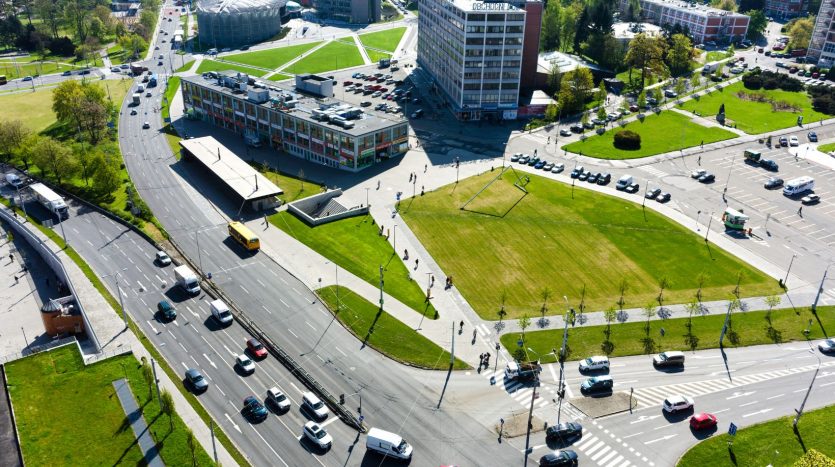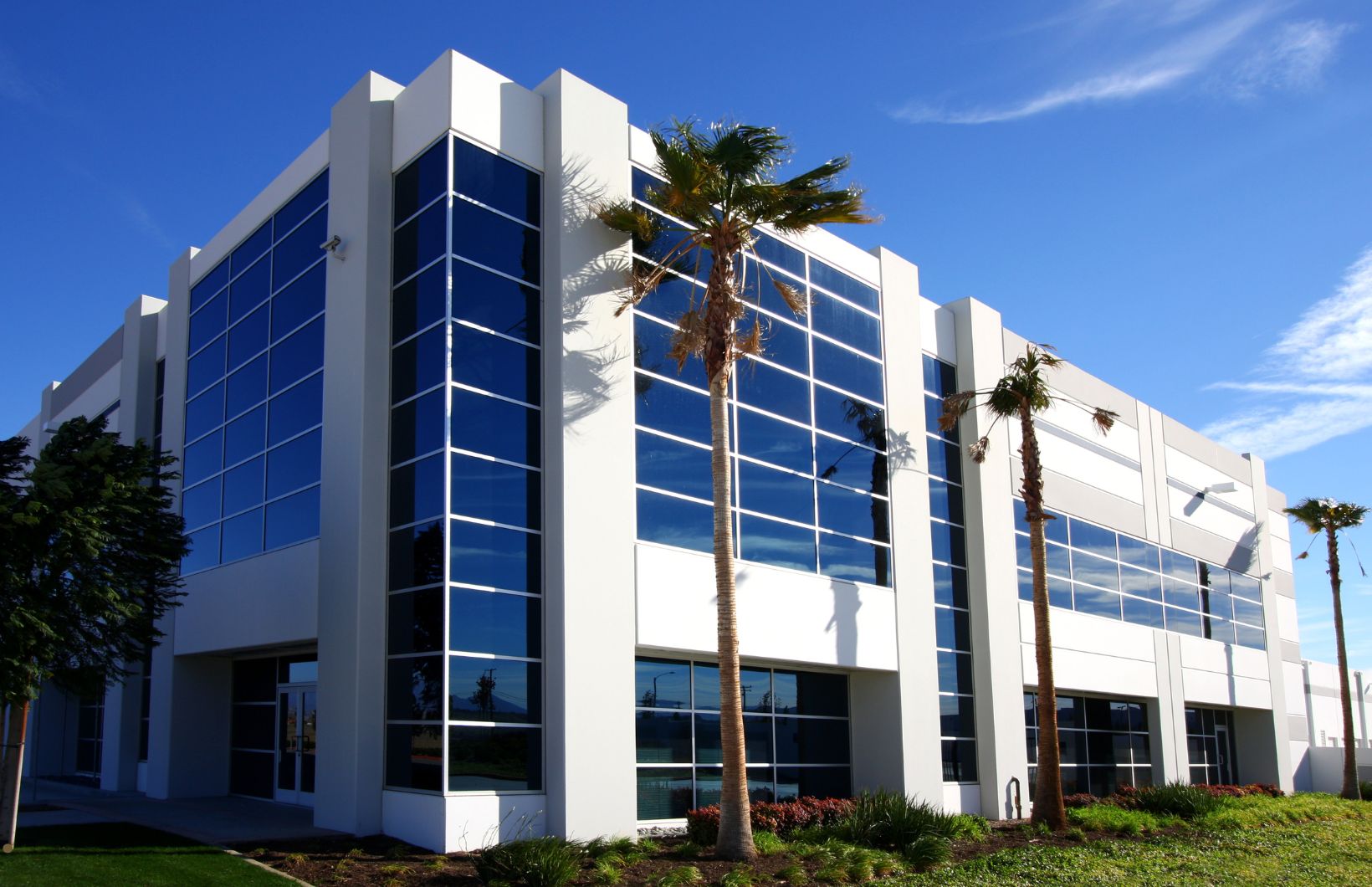The Role of Infrastructure Development in Boosting Real Estate Investment in India
India’s real estate sector has witnessed significant growth over the past few decades, largely driven by the rapid development of infrastructure across the country. From enhanced transportation networks to improved urban amenities, infrastructure development plays a pivotal role in shaping the real estate landscape. In this article, we explore the profound impact of infrastructure development on real estate investment in India, delving into how it stimulates growth, attracts investors, and transforms urban living.
Enhanced Connectivity and Transportation Networks
One of the most critical aspects of infrastructure development is the enhancement of connectivity and transportation networks. The construction of new highways, expressways, metro lines, and airports has significantly improved accessibility to various regions, making them more attractive for real estate investment.
- Metro Rail Projects: Cities like Delhi, Mumbai, Bengaluru, and Chennai have seen a surge in real estate demand along metro corridors. The convenience of metro connectivity reduces commute times and enhances the desirability of residential and commercial properties in these areas.
- Highway Expansion: The expansion of national highways and the development of new expressways, such as the Delhi-Mumbai Expressway, have opened up previously inaccessible areas to real estate development. These projects not only reduce travel time but also boost economic activities along their routes.
- Air Connectivity: The development of new airports and the expansion of existing ones have transformed smaller cities into major investment hubs. For instance, the upcoming Jewar Airport near Delhi is expected to spur significant real estate growth in the surrounding areas.
Urban Renewal and Smart City Initiatives
The Indian government’s Smart City Mission aims to develop 100 cities across the country with state-of-the-art infrastructure and sustainable living solutions. This initiative has a direct impact on real estate investment by creating modern urban centres that attract both businesses and residents.
01. Smart Infrastructure: Smart cities are equipped with advanced infrastructure, including efficient public transport systems, smart grids, and high-speed internet connectivity. These features enhance the quality of life and make these cities appealing to investors.
02. Sustainable Development: The focus on green buildings, renewable energy sources, and waste management systems in smart cities promotes sustainable development. Investors are increasingly looking for properties that adhere to these principles, as they offer long-term value and lower operational costs.
03. Economic Hubs: Smart cities are designed to be economic hubs with robust business environments, thereby attracting commercial real estate investments. The presence of IT parks, industrial zones, and business centres drives demand for office spaces and residential properties in these areas.
Improved Social Infrastructure
Infrastructure development is not limited to transportation and urban planning; it also encompasses the enhancement of social infrastructure, such as healthcare, education, and recreational facilities. These improvements significantly impact real estate investment by making areas more liveable and attractive.
- Healthcare Facilities: The establishment of modern hospitals and healthcare centres in urban and semi-urban areas boosts the appeal of these locations. Proximity to quality healthcare is a key consideration for homebuyers and investors alike.
- Educational Institutions: The presence of reputed schools, colleges, and universities is a major draw for families looking to invest in real estate. Areas with top-notch educational institutions tend to see higher property values and demand.
- Recreational Amenities: Parks, sports complexes, shopping malls, and cultural centres enhance the livability of an area. These amenities contribute to the overall attractiveness of residential and commercial properties, driving investment.
Industrial Corridors and Economic Zones
The development of industrial corridors and special economic zones (SEZs) has been a game-changer for real estate investment in India. These zones are designed to promote industrial growth and attract foreign investment, thereby stimulating the real estate market.
- Industrial Corridors: The Delhi-Mumbai Industrial Corridor (DMIC) is one of the most ambitious infrastructure projects in India. It aims to create a high-tech industrial zone spanning six states, significantly boosting real estate demand in these regions.
- Special Economic Zones: SEZs offer tax incentives and robust infrastructure to attract businesses. The development of SEZs in cities like Hyderabad, Pune, and Ahmedabad has led to a surge in demand for commercial and residential properties in these areas.
- Logistics and Warehousing: The growth of e-commerce and the development of logistics parks and warehousing facilities have created new opportunities for real estate investment. These projects require large tracts of land and drive demand for supporting infrastructure, such as roads and utilities.
Government Policies and Incentives
The Indian government has introduced several policies and incentives to support infrastructure development and real estate investment. These measures have a direct impact on investor confidence and the overall growth of the real estate sector.
- Affordable Housing: Initiatives like the Pradhan Mantri Awas Yojana (PMAY) aim to provide affordable housing for all. The government’s focus on affordable housing has spurred the development of residential projects in urban and semi-urban areas, attracting real estate investors.
- Real Estate Regulatory Authority (RERA): The implementation of RERA has brought transparency and accountability to the real estate sector. By ensuring that developers adhere to regulations and protect buyer interests, RERA has boosted investor confidence.
- Tax Incentives: Various tax benefits and incentives for real estate investment, such as deductions on home loans and capital gains tax exemptions, encourage individuals and businesses to invest in property.
Challenges and Future Prospects
While infrastructure development presents numerous opportunities for real estate investment, it also comes with challenges. Issues such as land acquisition, regulatory hurdles, and funding constraints can impact project timelines and investor returns. However, the overall outlook for real estate investment in India remains positive, driven by the government’s commitment to infrastructure development and urban planning.
As infrastructure projects continue to progress, the real estate market is expected to see sustained growth. Investors who capitalise on early-stage developments and emerging trends will likely reap significant rewards. The integration of technology and sustainable practices will further enhance the attractiveness of Indian real estate, making it a lucrative investment destination.
Conclusion
Infrastructure development plays a crucial role in boosting real estate investment in India. Enhanced connectivity, urban renewal initiatives, improved social infrastructure, and government policies collectively drive the growth of the real estate sector. By recognising and leveraging these factors, investors can secure profitable opportunities in the dynamic Indian real estate market.





